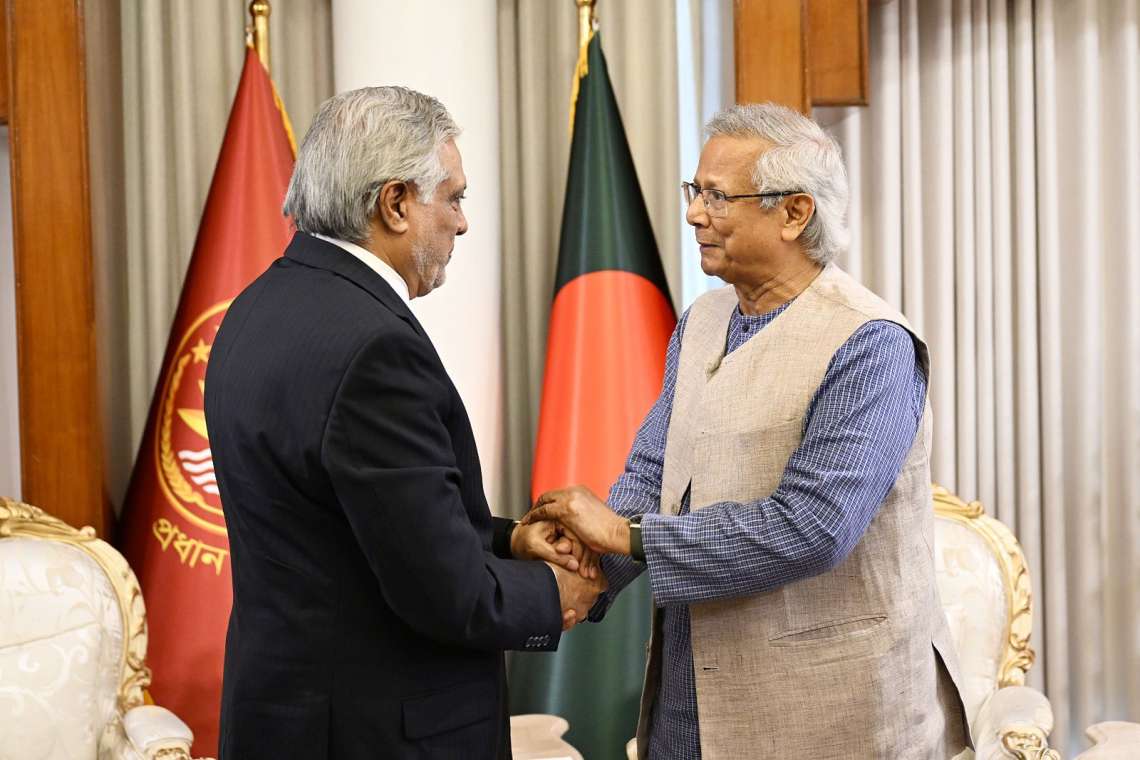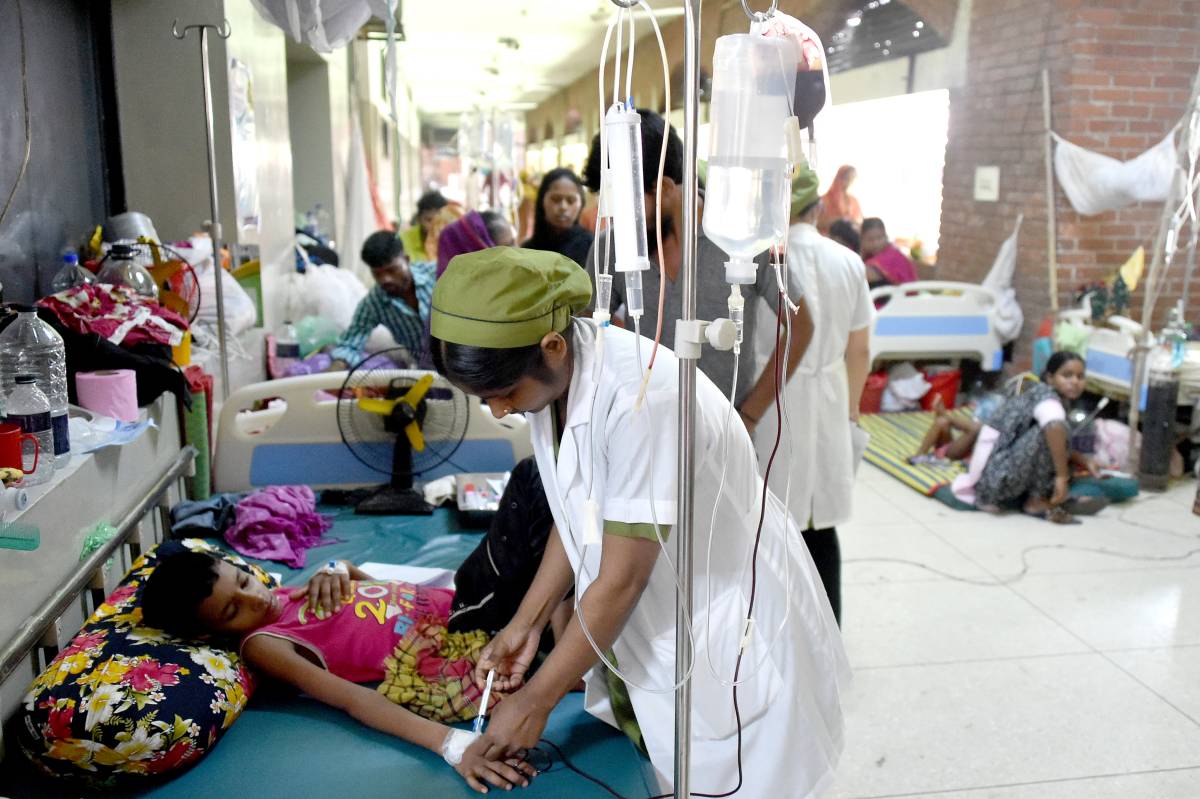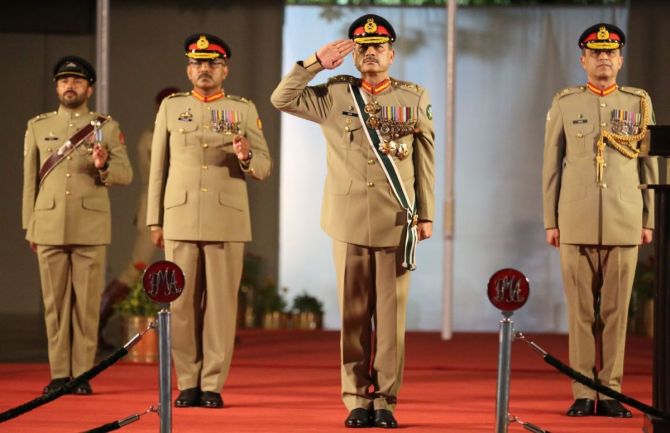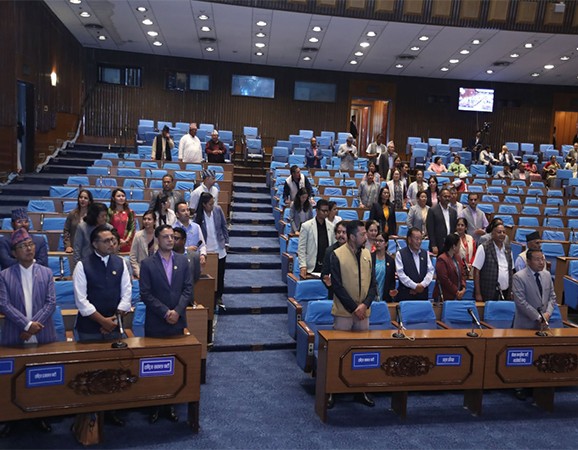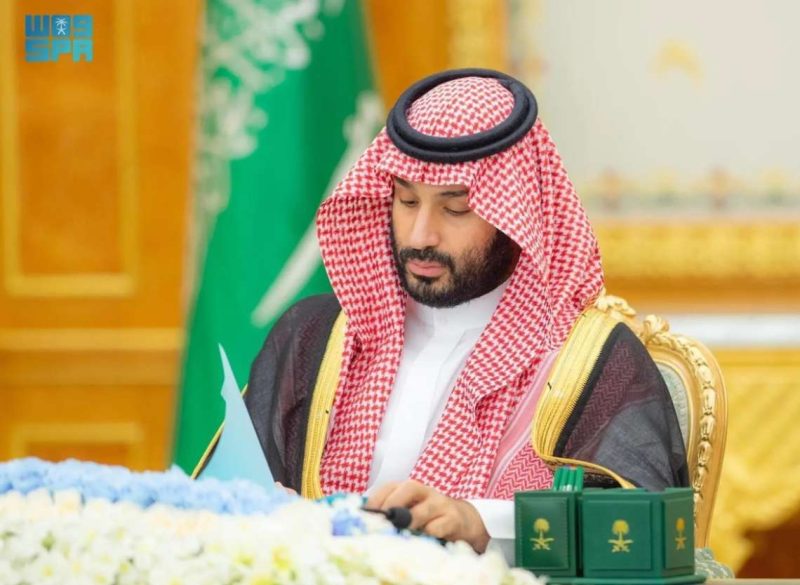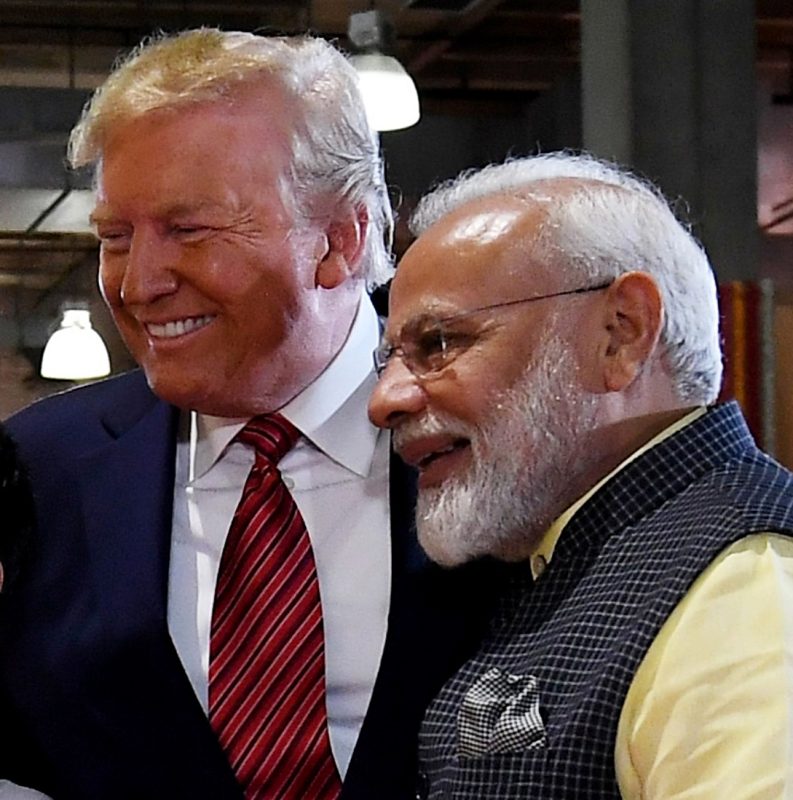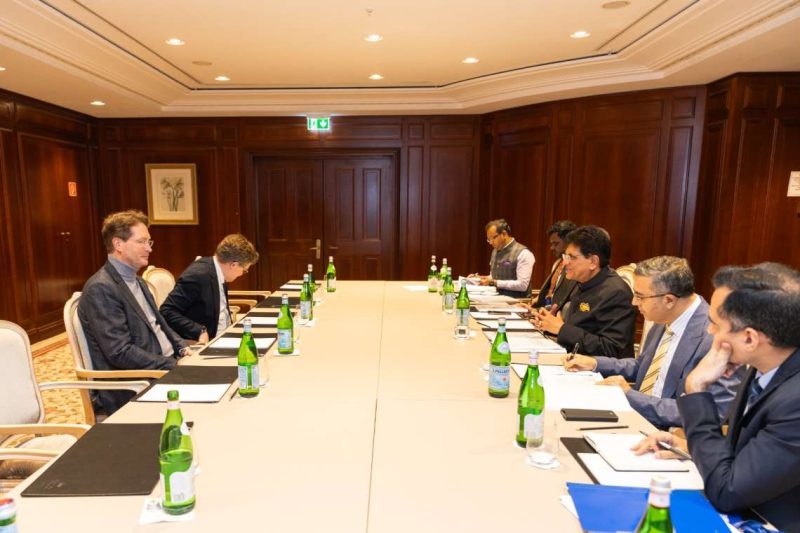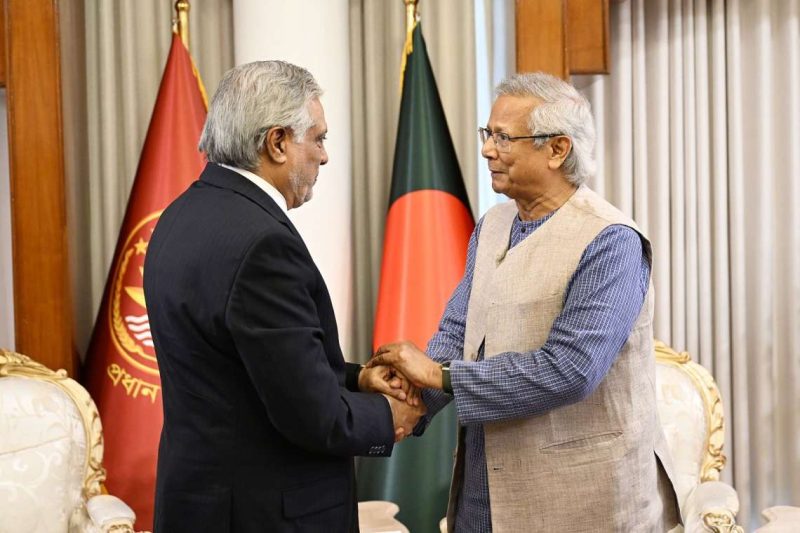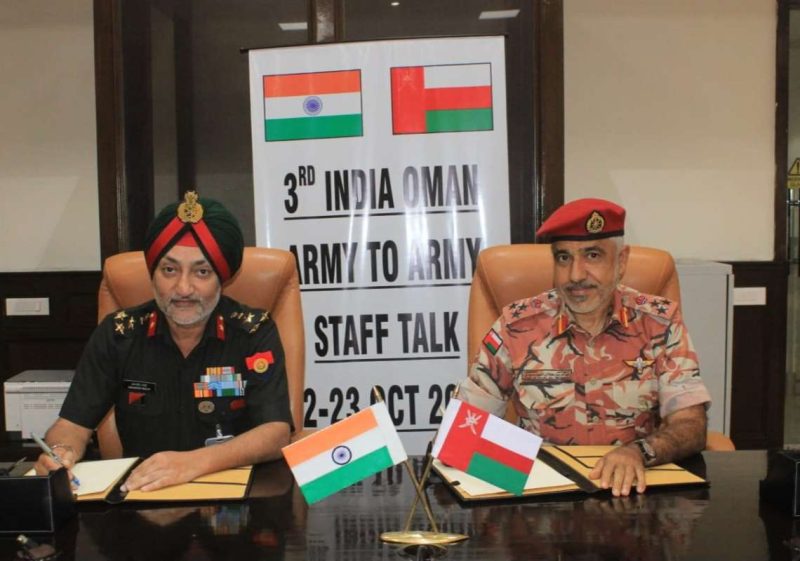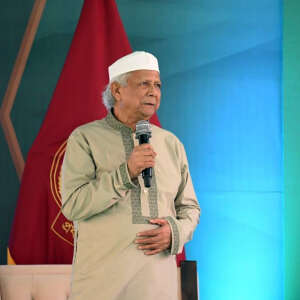Awami League’s student wing warns of creeping extremism, minority attacks, and pro-Pakistan tilt under Muhammad Yunus-led interim regime as 2026 election plans spark fierce backlash across Bangladesh.
A political storm is brewing in Bangladesh following the interim government’s announcement that national elections will be held in April 2026. The declaration by Chief Adviser Muhammad Yunus has been met with fierce criticism, particularly from student groups affiliated with the banned Bangladesh Awami League, which led the country until its ouster last year.
Saddam Hussain, president of the Bangladesh Chhatra League—the student wing of the Awami League—has described the move as a “state-sponsored drama,” questioning both the legitimacy and intent of Yunus’s administration. Speaking to ANI in a strongly worded interview, Hussain accused the Nobel laureate-turned-political administrator of using the machinery of state to pursue a personal agenda.
“The elections are not a priority for this government,” Hussain said. “This is theatre—nothing more. The people of Bangladesh want a democratic, representative government. What they’re being offered is a puppet regime that has no control over law and order.”
The remarks reflect growing discontent among the political base once aligned with Sheikh Hasina, who was removed from power in July 2024 amid months of street protests and violent unrest. Since then, the Awami League has been officially barred from political activity and its top leadership placed under investigation.
Alarm Over Religious Radicalism
Hussain’s criticism extended far beyond electoral scepticism. He accused the interim regime of pushing Bangladesh towards a theocratic structure, one that marginalises religious minorities and emboldens radical elements with historic ties to Pakistan.
“There is no security for minorities—Hindus, Christians, Buddhists, or indigenous groups. Homes have been looted, temples destroyed, people murdered. The government views minorities as second-class citizens,” Hussain claimed. He alleged that the current administration has not only failed to protect vulnerable communities but is systematically erasing secular elements from public life.
Citing evidence of institutional bias, Hussain said, “Even minority candidates who pass all exams for government jobs are blacklisted simply because of their religion.”
This, he warned, was part of a larger ideological shift designed to turn Bangladesh into a religious state—abandoning the pluralist vision of its founding leader, Sheikh Mujibur Rahman.
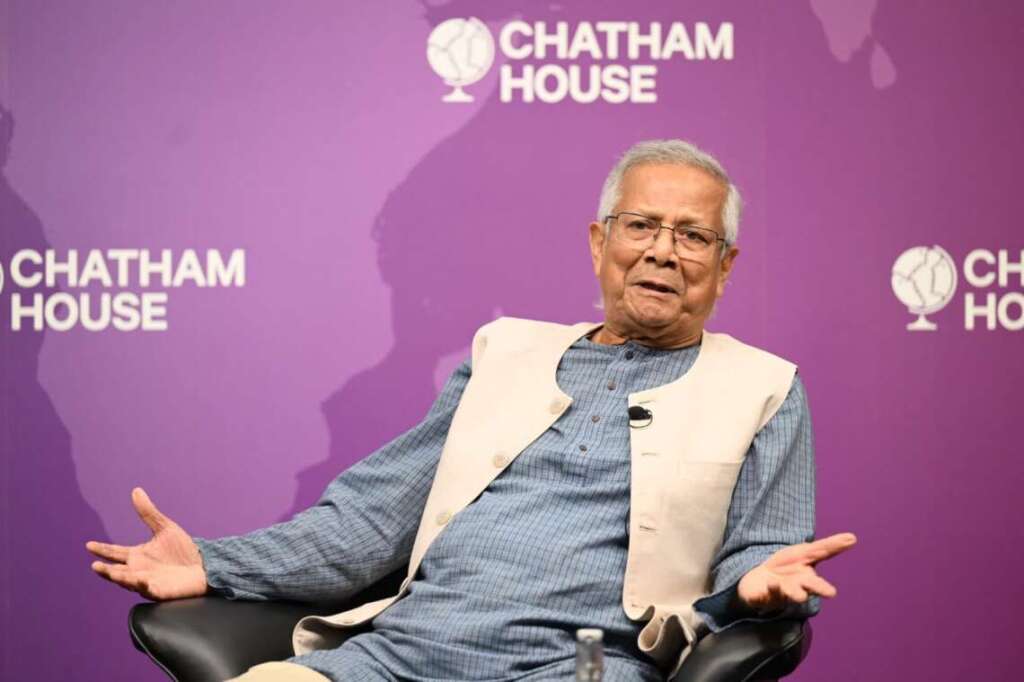
Pak Ties Raise Red Flags
Among the most alarming accusations was the charge that the interim government is drawing closer to Pakistan—an allegation that carries heavy historical and emotional weight in Bangladesh, where memories of the 1971 Liberation War and Pakistani military atrocities remain deeply embedded in the national psyche.
“This government is honouring and engaging with the very forces responsible for genocide on our soil,” said Hussain. “They are legitimising actors like Jamaat-e-Islami and radical terror groups with links to Pakistan’s ISI.”
According to him, extremist groups such as Hizb ut-Tahrir, Ansarullah Bangla Team, and Lashkar-e-Taiba have held closed-door meetings with high-level officials, including Yunus himself.
“The history of our freedom is being rewritten. The residence of Bangabandhu at Dhanmondi 32 has been demolished, and war memorials vandalised. This is not accidental—it’s deliberate erasure,” he warned.
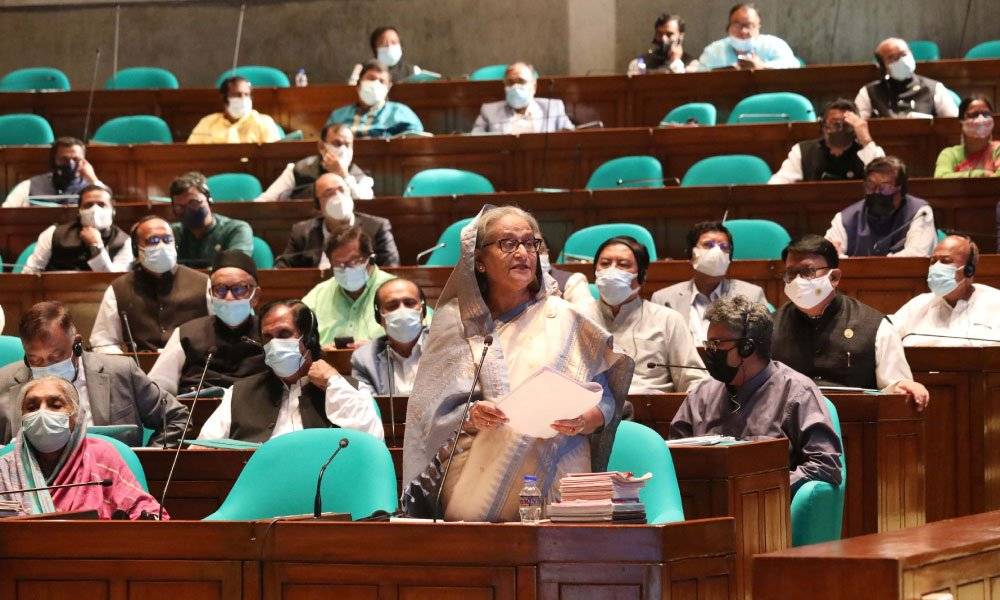
AL’s Future
Despite being outlawed, the Awami League still enjoys significant grassroots support, particularly among students and working-class voters. Hussain made it clear that the party has no intention of fading into obscurity.
“We have endured dictators before—Yahya Khan, Ayub Khan, and now Yunus. The people of Bangladesh know who stood by them and who continues to fight for their rights. The Awami League will rise again through the people’s verdict,” he declared.
He also took aim at Yunus’s international image as a peaceful reformer. “He talks of peace and democracy abroad, but his government crushes dissent, criminalises protest, and silences students. We are not even allowed to attend university if we’re linked to the Awami League.”
Ending his remarks with a direct appeal to the international community, Hussain urged global powers and rights organisations to take a firm stand.
“The world must not stay silent. Bangladesh is at a tipping point. If democracy is not restored, the consequences will ripple across South Asia. The international community has a responsibility—not to support any party—but to stand with the people of Bangladesh.”
As April 2026 approaches, the political temperature in Dhaka continues to rise, with concerns growing about whether fair elections are even possible under the current regime. For many, including Hussein and his followers, the next battle is not just about ballots but the very soul of the republic.



